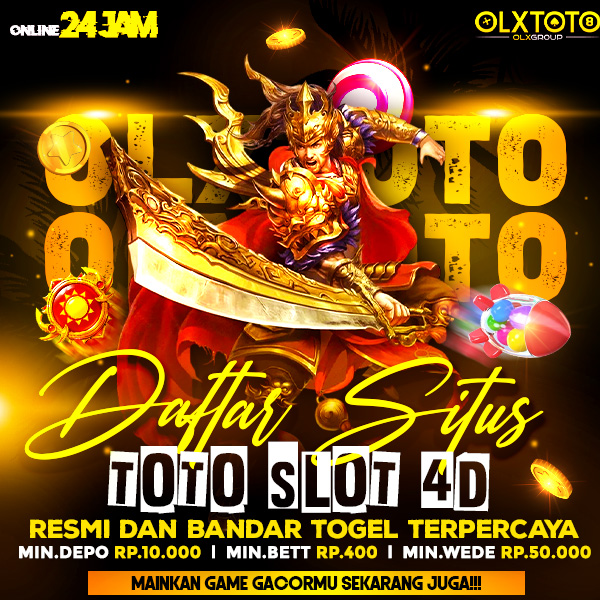OLXTOTO | Daftar Situs Toto Slot 4D Resmi Dan Bandar Togel Terpercaya
IDR 888.00
OLXTOTO adalah situs resmi untuk permainan Toto Slot 4D dan bandar togel terpercaya yang menawarkan pengalaman bermain yang aman dan menyenangkan. Dengan berbagai pilihan permainan dan peluang menang yang menarik, OLXTOTO memastikan setiap pemain mendapatkan layanan terbaik dan transaksi yang cepat.
Quantity:
 "
alt="OLXTOTO" style="display:block" fetchpriority="high" loading="eager" decoding="async"
data-loader="raw">
"
alt="OLXTOTO" style="display:block" fetchpriority="high" loading="eager" decoding="async"
data-loader="raw">
